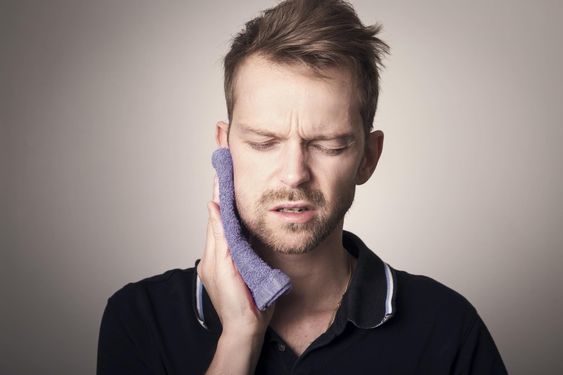An apicoectomy, also known as root-end surgery, is a dental procedure performed to remove the tip of a tooth’s root and the surrounding infected tissue. This procedure is often recommended when a root canal treatment fails to eliminate the infection. While apicoectomies are generally successful, there are instances where an infection can develop post-surgery. Recognizing the signs of infection after an apicoectomy is crucial for timely intervention and effective treatment. This article will explore the symptoms, causes, prevention tips, treatment options, and when to see a dentist for infections post-apicoectomy.
Common Symptoms of Infection
After an apicoectomy, it is essential to monitor for signs of infection. Common symptoms of infection post-apicoectomy include persistent pain that does not subside with medication, swelling of the gums, jaw, or face, and the presence of a gum boil or pimple on the gums. Other indicators are redness around the surgical site, oozing of pus, and a fever that does not go away. If you experience any of these symptoms, it is vital to contact your dentist immediately. These symptoms can escalate quickly, leading to more severe complications if left untreated
Causes of Infection
Infections after an apicoectomy can occur due to several reasons. One common cause is the presence of residual bacteria that were not entirely removed during the procedure. Additionally, a root fracture or incomplete root canal treatment can lead to infection. Poor oral hygiene and compromised immune systems are also contributing factors. Understanding these causes can help in taking preventive measures to avoid post-surgical infections. It is essential to follow all post-apicoectomy care tips provided by your dentist to minimize the risk of infection.
Also Read: Living with Purpose: Why You Feel Lost and How to Find Your Way Back
Prevention Tips
Preventing infection after an apicoectomy involves adhering to proper post-operative care. This includes maintaining good oral hygiene by gently rinsing with salt water or an antimicrobial mouthwash, avoiding hard or crunchy foods, and refraining from smoking. It is also essential to follow your dentist’s instructions regarding medication and to attend all follow-up appointments. By taking these precautions, you can significantly reduce the risk of infection. Additionally, practicing good oral hygiene practices and infection prevention techniques can help ensure a smooth recovery.
Treatment Options
If an infection does occur after an apicoectomy, several treatment options are available. Your dentist may prescribe antibiotics to combat the infection. In some cases, drainage of the abscess may be necessary. If the infection persists, a second apicoectomy or even tooth extraction might be required. It is crucial to follow your dentist’s recommendations to ensure effective treatment and recovery. Pain management after apicoectomy and swelling reduction techniques can also aid in the healing process. Dental antibiotics and proper surgical site care are essential components of the treatment plan.
Also Read: The 48 Laws of Power: A Complete Guide to Robert Greene’s Masterpiece on Strategy and Influence
When to See a Dentist
It is important to see your dentist if you notice any signs of infection after an apicoectomy. Persistent pain, swelling, fever, and the presence of pus are all indicators that require immediate attention. Early intervention can prevent the infection from spreading and causing more severe complications. Do not hesitate to contact your dentist if you have any concerns about your recovery. Regular dental follow-up care and endodontist consultations are essential to monitor your oral health post-apicoectomy and ensure a successful recovery.
Conclusion
Infections after an apicoectomy, while uncommon, can occur and lead to serious complications if not addressed promptly. Recognizing the signs of infection, understanding the causes, and following preventive measures are essential steps in ensuring a smooth recovery. Always consult your dentist if you experience any symptoms of infection to receive appropriate treatment and maintain your oral health. By adhering to post-apicoectomy care tips and maintaining good oral hygiene, you can significantly reduce the risk of infection and ensure a successful recovery from apicoectomy infection

